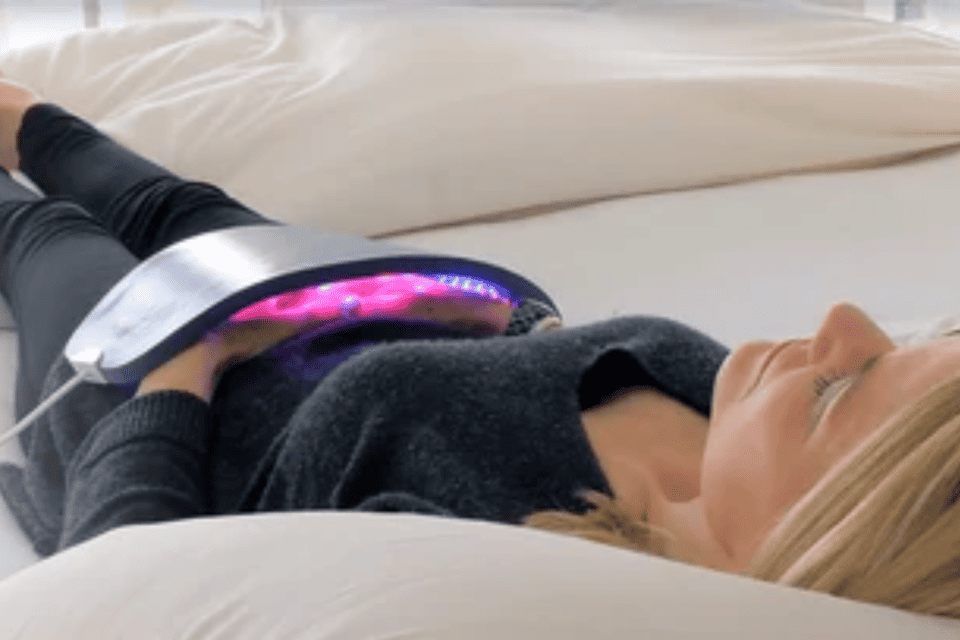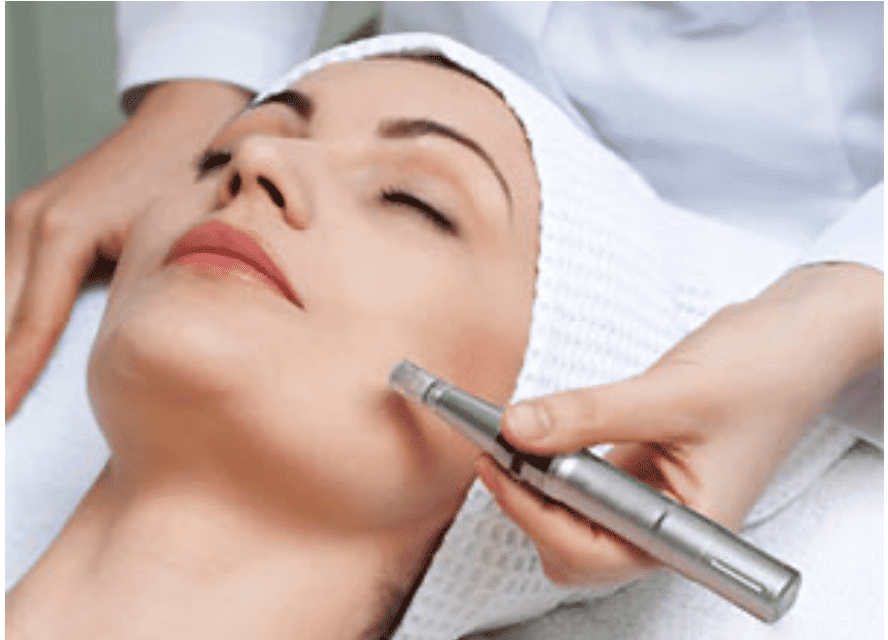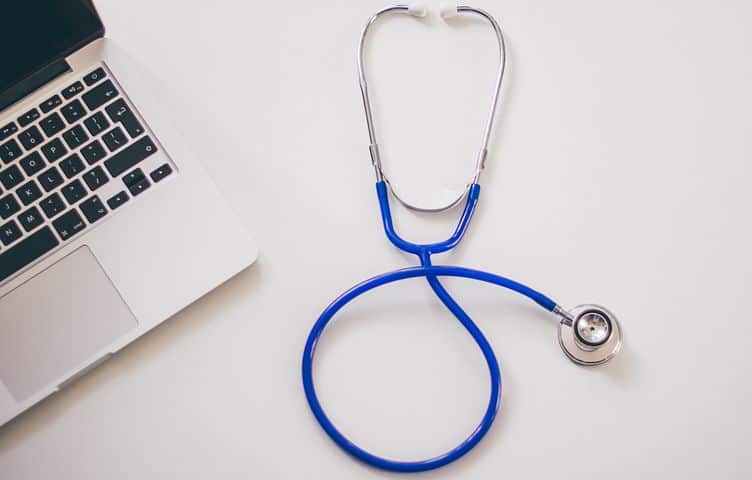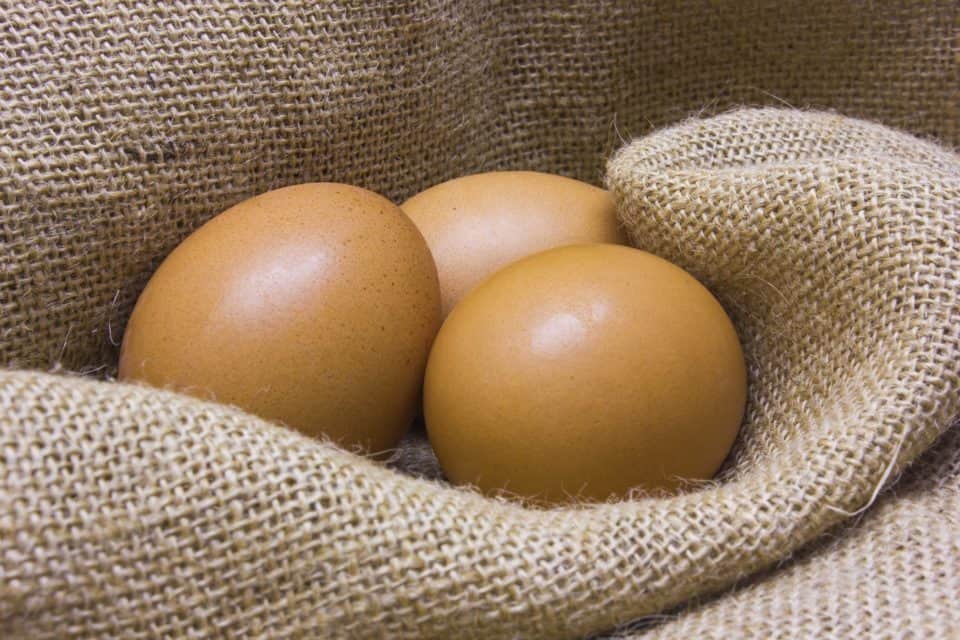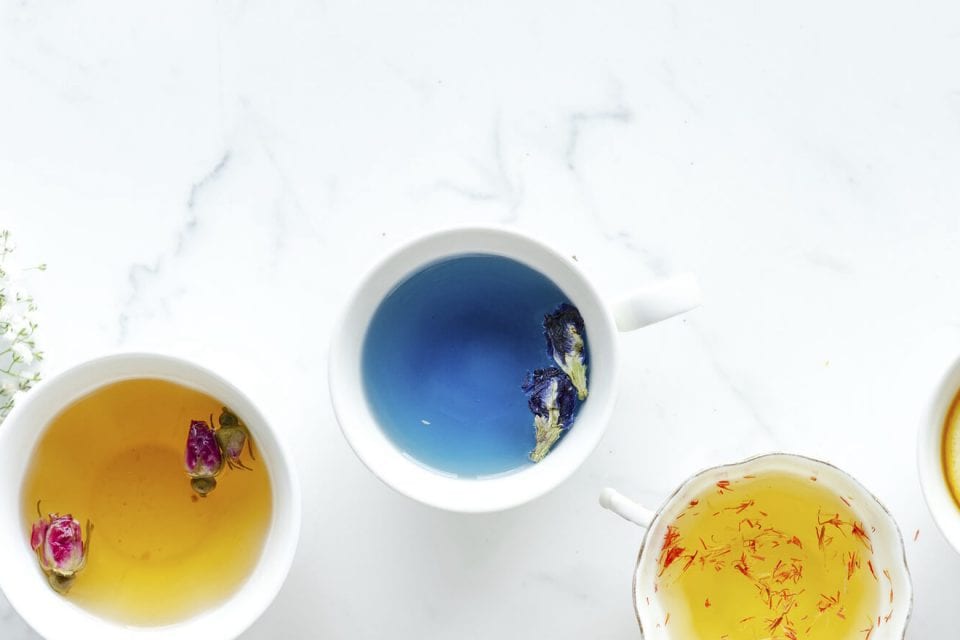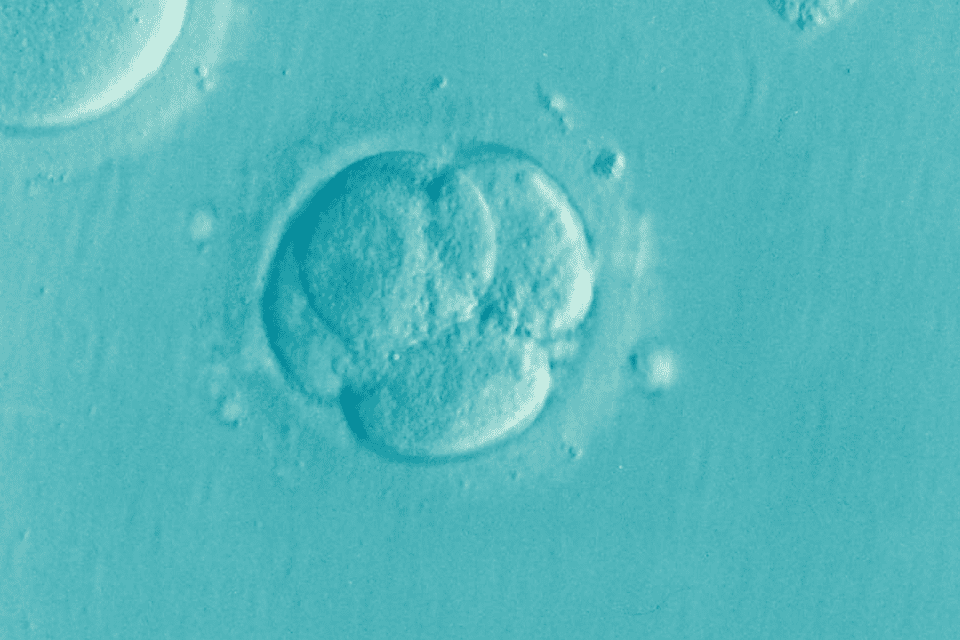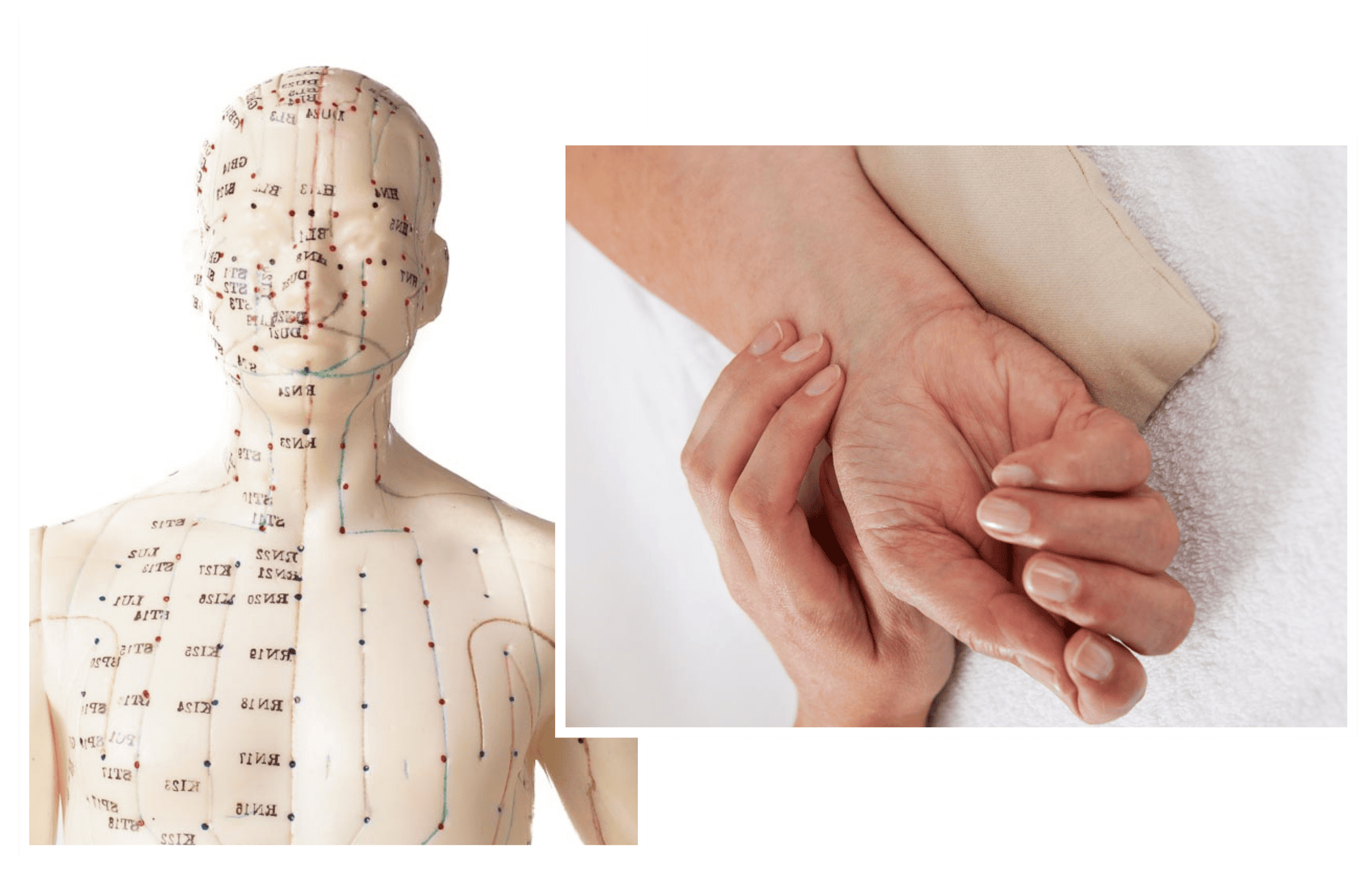In Chinese medicine, our reproductive function and fertility potential is determined by the strength of our Kidney Jing. At conception, we inherit Jing from our parents. Parents with strong Jing will pass on strong Jing to their offspring. From a Western medicine viewpoint, Kidney Jing represents the overall function of our ovaries and hormones; it is directly related to our egg quality and our ability to conceive. Because Jing is determined at birth and is fixed in quantity, it declines as we age. Therefore, it is crucial to conserve our Jing to optimize our reproductive function and fertility potential.
Although we cannot augment Jing, there are many ways that it can be preserved. Jing can be preserved through proper nutrition, antioxidant supplementation, acupuncture and herbal medicine, and lifestyle changes which include avoiding toxic chemicals that disrupt the endocrine system.
For best results, it is important to implement specific lifestyle changes at least 3 cycles prior to your IUI, egg freezing or IVF cycle. This is because the eggs produced during your IUI, egg freezing or IVF cycle, reflect your health from 2-3 months ago. In other words, it takes 2-3 months to see any positive or negative effects on the health of your eggs. To support your Jing and improve the cellular integrity of your eggs, implement the following lifestyle changes at least 3 months or more, before the start of your cycle:
Eliminate Hormone Disrupters
When it comes to avoiding toxins, it is important not to get overwhelmed and feel that it is an all or nothing process. Rather, focus on eliminating the toxins that are known to compromise fertility.
Personal Care Products
- Phthalates are chemicals that make fragrances adhere to the skin. They are commonly found in body lotions, nail polishes and hairsprays.
- Botox and fillers are discouraged during gonadotropin administration before and after insemination, embryo transfer and throughout pregnancy because the effects on the fetus are unknown.
- Perfume and synthetic fragrances disrupt hormone activity which compromises egg quality and fertility. They are commonly found in body sprays, fragrances, and cosmetics.
- Parabens are used as preservatives. They are commonly found in skin care products, deodorants, foundations, and lotions.
- Oxybenzone is an ultraviolent light absorber that is commonly found in sunscreens, tinted moisturizers, and lotions.
You can check the safety of your favorite products on the Environmental Working Group Database. You can also consider trying a mail-in body toxicity test.
Household Items
- Store and reheat your food in glass containers. Avoid plastics, styrofoam and aluminum foil.
- Avoid plastic bags and plastic wrap even if they are advertised as BPA free. BPA free plastic water bottles/cups still contain harmful toxins for fertility and health. Use Stasher bags or beeswax wrap.
- Avoid plastic water bottles and try glass bottles instead. Avoid single use plastic water bottles as well as refillable plastic bottles. BPA free plastic water bottles/cups still contain harmful toxins for fertility and health.
- Use enameled cast iron, cast-iron, ceramic, or stainless steel pans. Avoid non-stick Teflon pans.
- Purchase high quality air purifiers with HEPA filters. Use live plants as natural air purifiers. Consider placing a portable air purifier in your bedroom. In California, fire season starts earlier and ends later each year. This exposes us to longer periods of poor air quality.
Supplements
Women preparing to conceive should incorporate a prenatal vitamin with adequate folate as well as a Fish oil and Vitamin D supplement. Clinical studies based on patients classified as poor IVF responders have shown improved outcomes in numbers of mature oocytes and embryos with the addition of CoQ10 and Acai supplementation for 6-12 weeks.
- Prenatal Vitamin with Iron, B-vitamins and Folate
- Vitamin D: 1000IU – 3000IU per day. Studies suggest that Vitamin D may be important for embryo implantation.
- Essential Fatty Acids (DHA &EPA): 500-1200mg per day. Omega 3 fatty acids may help with the reproductive system, heart and brain while reducing inflammation throughout the body.
- CoQ10: 600mg per day for poor egg quality (low AMH, high FSH). CoQ10 is an anti-oxidant that may enhance egg quality and improve chromosomal division during fertilization. Research on CoQ10
- Inositol 2g, 2x day can help improve PCOS through decreasing insulin resistance and hyperandrogenism.
- Acai 600mg, 3x per day. The antioxidant properties of acai can help improve egg quality in poor responders with a history of cancelled or failed cycles. Research on Acai
Acupuncture and Chinese Medicine
Acupuncture improves IUI, egg freezing and IVF outcomes because it may help to regulate important hormones associated with success.
Recommended treatment frequency:
- Weekly starting 90 days prior to start of cycle
- Twice weekly starting at suppression
- Three times weekly if low AMH (low antral follicle count)
- At a minimum try to start one cycle prior to IUI, egg freezing, or IVF cycle
Chinese herbal medicine is recommended for proven poor responders, recurrent implantation failure or failed or cancelled cycles.
LED Therapy over the ovaries can help enhance ATP production and mitochondrial activity which has a direct effect on the production and quality of eggs. LED therapy can also increase blood flow to the uterus to enhance the receptivity of the uterine lining.
Use for 30 minutes per day around your lower abdomen (over your ovaries).
Research on the benefits of LED therapy fertility and egg quality.
Nutrition
A nutrient dense diet is not only important for our overall health, but is also is a key component in influencing gamete and embryo quality. Nutritional status at the time of conception can be critical in determining the health of the fetus and future adult.
- Integrate bone broth into your diet. Bone broth is a good source of amino acids and essential nutrients, which helps with hormone production and regulation.
- Choose organic fruits and vegetables. Consumeunprocessed and organic food (as much as possible). Try to be mindful of “The Dirty Dozen” when shopping for produce:
- Increase high quality protein consumption. Select organic, grass finishedmeat without hormones. Meats that are treated with growth hormones and pesticides can act as estrogen mimicking hormones, which block the receptor sites of our natural hormones and can negatively affect our endocrine system. We highly recommend purchasing meats from the following companies: Butcher Box, Belcampo, Clove & Hoof
- Decrease your intake of inflammatory foods like fried foods, alcohol, coffee, dairy and refined sugars. If there is inflammation in the body, it could damage embryos and prevent successful implantation.
- Foods that directly nourish Jing in Chinese medicine are royal jelly, chicken eggs, duck eggs, caviar, seeds and nuts, bee pollen, bone marrow, oysters, seaweed, algae, artichoke leaf, nettles, and oats.
Lifestyle
Moving through life at a balanced, gentle pace helps conserve our Jing. In our Western culture, it is common to move fast and rush with minimal rest. However, learning to pace yourself will help conserve your Jing.
- Practice meditation to reduce the effects of stress on the body which can negatively impact the endocrine and immune system. Listen to cycle specific meditations offered from the Mindful IVF and Circle + Bloom
- Daily moderate exercise that is low impact and low risk such as walking, stationary biking, light elliptical and gentle yoga is good for moving your Qi. Moving your Qi helps direct blood flow to the ovaries and uterus.
- Fertility counseling can help provide guidance and support during the journey to parenthood. Consider finding a therapist that specializes in reproductive health.
- Practicing saying “not at this time”. Saying no to stressors and obligations such as extra work, social and family gatherings can be one of the healthiest practices you can incorporate right now.
- Journaling practices can have a range of health benefits. Research indicates that journaling reduces inflammation, production of mental wellbeing and improved ventricular function.
References
Lyttleton, Jane. (2004). The treatment of infertility with Chinese medicine.


